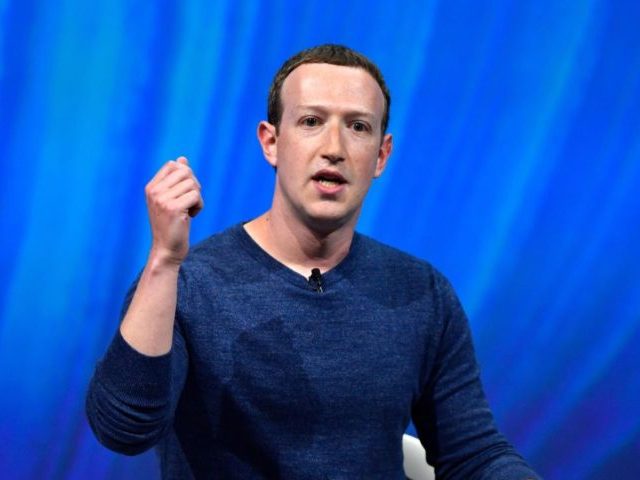Sir. Tim Berners-Lee, the British inventor of the World Wide Web, has teamed up with censorship-prone tech giants Facebook and Google to launch the “Contract for the Web,” a set of principles aimed to “fix” the Internet and prevent “digital dystopia.”
The contract, which can be read in full here, cites various international principles on free speech among its large array of human rights commitments.
These include Article 19 of the Universal Declaration of Human Rights, which proclaims:
“…the right to freedom of opinion and expression; this right includes freedom to hold opinions without interference and to seek, receive and impart information and ideas through any media and regardless of frontiers.”
And article 19 of the International Covenant on Civil and Political Rights:
“Everyone shall have the right to freedom of expression; this right shall include freedom to seek, receive and impart information and ideas of all kinds, regardless of frontiers, either orally, in writing or in print, in the form of art, or through any other media of his choice.”
Yet many of the companies that have backed Berners-Lees’ proposals are notorious for censoring political information. They include Google, which routinely adjusts search results in its services in a manner that influences political debate, and bans politically inconvenient YouTube channels.
It also includes Facebook, which bans certain politicians and has put prominent political figures on a list of possible “hate agents” to monitor and potentially ban.
Microsoft has also backed the principles — a company which threatened to kick the First Amendment-based social network Gab off its cloud hosting service, a move that would have taken the entire website and all of its users’ content offline.
While the principles include specific guidelines for how companies should handle requests from national governments to remove illegal content, it makes no mention of companies that remove otherwise legal and First Amendment-protected speech of their own volition.
The Contract also includes numerous commitments on data privacy, despite the fact that both Facebook and Google are notorious for making mass data-harvesting an integral part of their business models.
Berners-Lees’ set of principles borrows language from the intersectional left, calling on users to “amplify the messages of systematically excluded groups,” and “stand up for them when they are being targeted or abused.”
It also cites statements calling on tech companies to “embed gender equality and diversity as core values across organizational and employment policies.”
No mention is given to political or viewpoint diversity, a major problem in Silicon Valley that has led to a class-action lawsuit against Google.
Berners-Lee has previously offered seemingly contradictory statements about the future of his creation, the world wide web. On the one hand, he once lamented that “a few dominant platforms” have become de facto gatekeepers of online information.
But in a previous interview he said that those same gatekeepers should be encouraged to censor what they consider “fake news,” an arbitrary label used by both western tech companies and authoritarian governments to censor politically inconvenient information.
Are you an insider at Google, Facebook, Twitter or any other tech company who wants to confidentially reveal wrongdoing or political bias at your company? Reach out to Allum Bokhari at his secure email address allumbokhari@protonmail.com.
Allum Bokhari is the senior technology correspondent at Breitbart News.

COMMENTS
Please let us know if you're having issues with commenting.